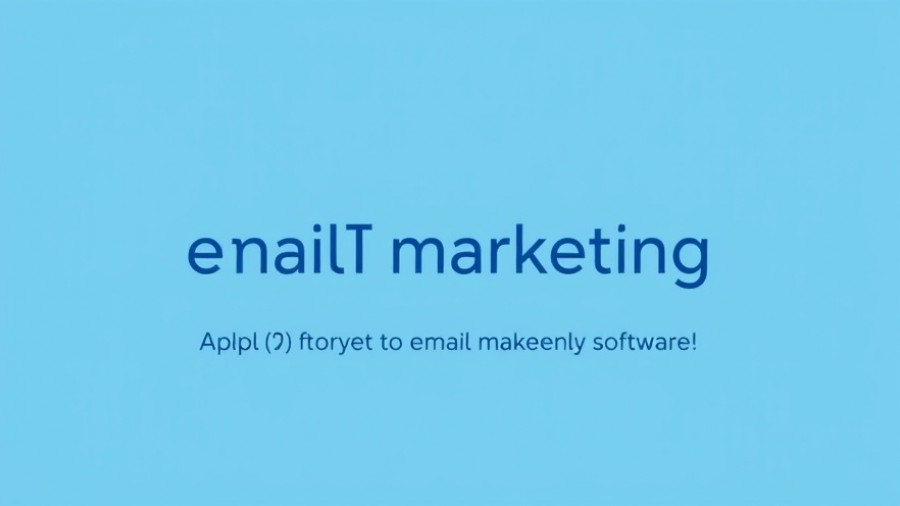
Email Marketing Essentials for Nonprofits
Email marketing is a critical resource for nonprofits aiming to connect with donors, volunteers, and supporters effectively. In 2025, nonprofit organizations must navigate budget constraints while still delivering personalized communication that fosters engagement and drives fundraising efforts. The right email marketing tools not only streamline these processes but also allow for data-driven insights that enhance donor relationships.
Top Choices for Email Marketing Software
Here’s a look at the four best email marketing tools for nonprofits this year:
- HubSpot Marketing Hub - Integrated with a CRM, HubSpot offers extensive tools for automating donor interactions and analyzing engagement metrics. It provides a 40% discount for nonprofits, making it a leading choice for organizations seeking both functionality and affordability.
- MailerLite - Known for its user-friendly interface and affordable pricing starting at $10/month, MailerLite provides powerful automation features and customizable templates, enabling nonprofits to share compelling stories and calls to action easily.
- Constant Contact - This long-standing favorite offers event management tools and a friendly customer support team. Its pricing starts at $12/month, and it includes templates tailored for nonprofit needs.
- Moosend - Priced at $9/month, Moosend is ideal for budget-conscious nonprofits. It offers automation features that help increase engagement without overwhelming staff resources.
Innovative Features to Look For
When choosing an email marketing platform, consider functionalities that can elevate your nonprofit's efforts:
- Segmentation Capabilities: The ability to segment your email list allows for targeted messaging, increasing the chances of donor engagement. For example, reaching out specifically to attendees of a recent fundraising event boosts the relevance of your communications.
- Automation Tools: Automating email campaigns based on donor behavior can save time and ensure timely follow-ups, whether welcoming new donors or reminding lapsed supporters.
- Analytics and Reporting: Robust reporting features enable nonprofits to track the effectiveness of their campaigns, helping refine strategies for better results in future outreach.
Conclusion: Engage Effectively and Efficiently
For small business owners working within the nonprofit sector, investing in the right email marketing tool can optimize outreach strategies. Each tool mentioned provides unique advantages tailored to nonprofit needs. By carefully assessing these platforms and leveraging their strengths, organizations can enhance their communication efforts and cultivate lasting relationships with their audience. Ready to take your email marketing to the next level? Explore these exceptional tools today!
 Add Row
Add Row  Add
Add 




Write A Comment